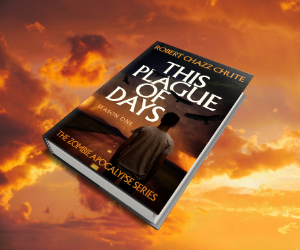
If you want a happy ending, it depends on where you stop the story.
– Orson Welles
Once upon a time, several years ago, She Who Must Be Obeyed and I were lolling on the couch discussing happily-ever-afters (or HEA, if you’re a savvy reader).
Writers are often told to write what they know. If that were too solid a rule, too much excellent science fiction would vanish from existence. I say, write what you care about, and great things will follow. Similarly, it’s not my aim to provide a HEA every time so much as give readers a satisfying ending.
“So maybe I’ll cry, maybe I won’t?” my wife asked.
“You may turn the last page shuddering in tears of joy and recognition,” I replied in an arch English accent (because that’s my villainous voice). “Even if the resolution turns into a Pyrrhic victory, I dole out some hope. It’s not a downer ending I’m looking for, just a real one.”
“So bittersweet, dripping with verisimilitude?” SWMBO asked.
“Yeah, but not too much.”
“Why’s that?”
“Because fiction should be an entertaining escape. Real life is too harsh. In real life, our endings are all too tragic and full of fear. Take this moment,” I said. “You and me are on the couch, and the kids sleeping peacefully in bed. This will all end in tears, but right now is our happily ever after.”
Her eyes widened.
“This is it, baby,” I said. “Our happy ending! Are you happy?”
“Yes.”
“Cherish this time. I do.”
